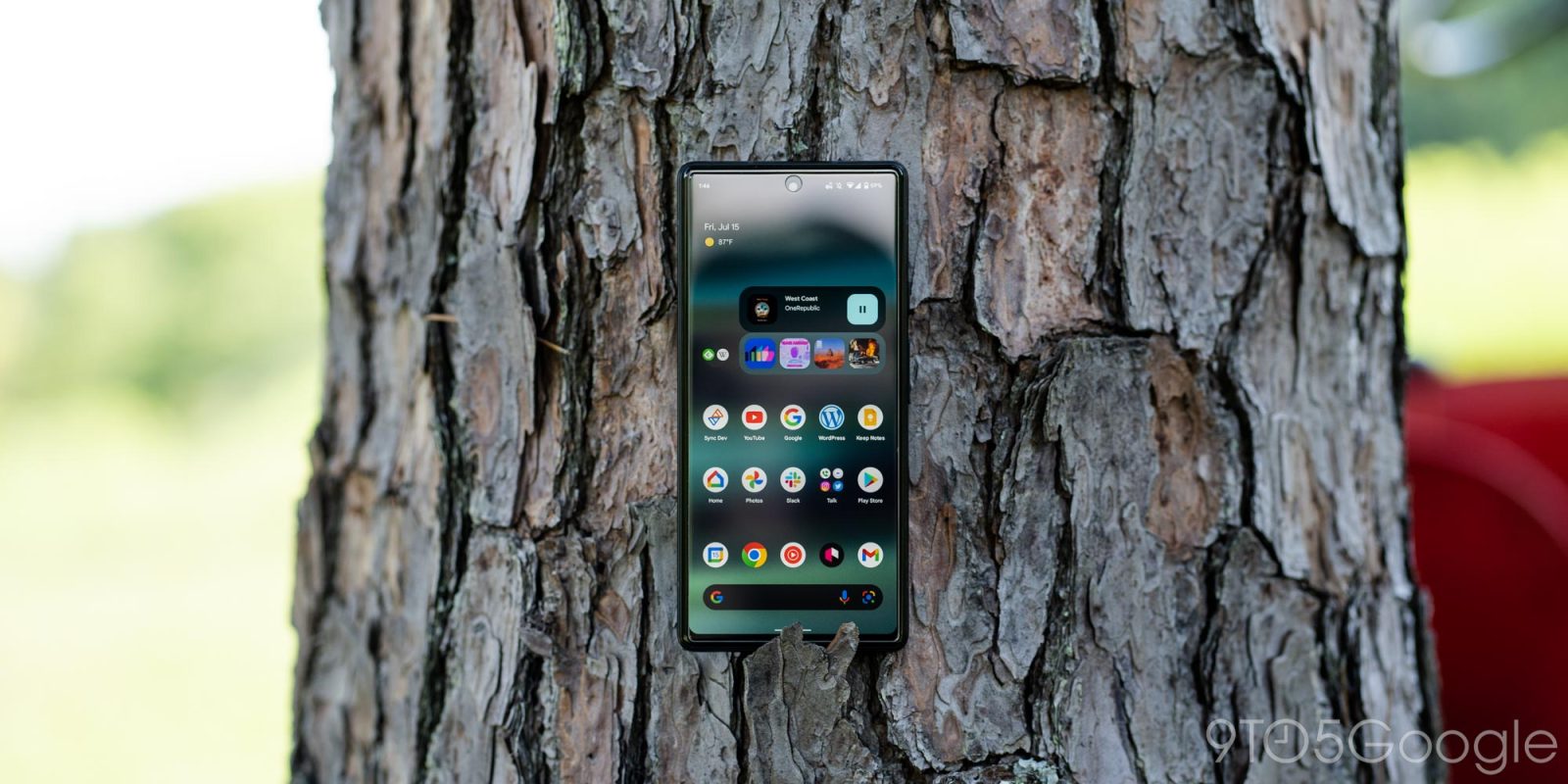
Android is set to change in some significant ways in the not-too-distant future following a major ruling in India. Here’s what is reportedly set to change.
Earlier this year, India upheld a ruling which was set to break up Google’s control over Android, with its sights set specifically on the apps Google required its partners to install, and the company’s control over app distribution with the Play Store. In line with that ruling, Google has already announced changes to both Android and the Play Store including a wide expansion of “User Choice Billing” to all apps and games.
Related: How Android and Google Play are changing in India following antitrust ruling
But now, new details have come out.
Tipster Kuba Wojciechowski claims to have obtained a document that outlines “IMADA,” the India-specific version of the Mobile Application Distribution Agreement that Google’s partners sign. This new agreement is optional, and when used restricts a device to being sold only in India.
What does the “IMADA” agreement change?
Perhaps the biggest change is the ability for Android partners to only be required to pre-install the Google Play Store. That’s a drastic change from the normal “MADA,” which also requires Google Search, Chrome, Drive, Gmail, Maps, Photos, YouTube, and a few other apps to be pre-installed. Google Play Services is also still required, which is a given for apps distributed via the Play Store. OEMs are also no longer required to include the Google Search widget on the homescreen, as well as ditching the need for Play Store and other Google app shortcuts on the home screen by default.
This new agreement also adds a step to setup which will prompt users to pick a default search engine during setup, but only for devices that opt to still include the Google Search app. This is identical to the setup page users see in the European Union.
Interestingly, Google is also setting up the “Indian Placement Agreement,” which pays companies to pre-install any of the 11 core Google apps and place them on the homescreen by default. The payouts are not mentioned, though.
Given the ruling in place, these seem like reasonable compromises on Google’s part, and it will certainly be interesting to see if similar ideas make their way to other parts of the globe.
More on Android:
- Google is gradually rewriting Android’s Settings app with Jetpack Compose
- February Google System Updates: Nearby Share tweaks and more
- Google rolling out Privacy Sandbox Beta with new settings to Android 13
FTC: We use income earning auto affiliate links. More.





Comments